Nigerian Stories
My friend Tyler sent me this video of a Nigerian booktuber railing against white academia.
The Nine Dots Prize is a prize for creative thinking that tackles contemporary societal issues. Entrants are asked to respond to a question in 3,000 words, with the winner receiving US$100,000 to write a short book expanding on their ideas.
The aim of the Prize is to promote, encourage and engage innovative thinking to address problems facing the modern world. The name of the Prize references the nine dots puzzle – a lateral thinking puzzle which can only be solved by thinking outside the box.
Basically, Lorenz wrote 3,000 (about 12 double spaced pages) words on the prompt “What does it mean to be young in an ageing world?” and won $100,000 to write her book. She claims the EndSars movement is close to her heart because she has traveled to Africa and met people. If you want more information on Lorenz winning this award, head on over to the Nine Dots website. As Noria rants about explains in her video, Lorenz has taken credit for naming the “Sora Soke Generation”. Lorenz has already been called on for this claim here, here and here. There are even petitions circulating to have the book recalled.
Nigerians do not want Lorenz telling their story. It is not Lorenz’s story to tell.
The question in my mind is who bares the most responsibility in this? Cambridge Press, the white academia college press that awarded Lorenz with the award to write her book, or Lorenz? On one hand. Lorenz is a journalist by trade so she knows how to interview and do research. Cambridge will have had everything peer reviewed before going to press. On the other hand, this is a white person speaking for Nigerians. This is another case of a white person writing about oppression of a non-white group for other white people. This will do little to bring attention to what is going on in Nigeria. What it will do is ensure a white person, once again, reaps rewards off of someone else’s suffering.
As a white scholar, I don’t want the opinions of white people on non-white people. I think there is bias involved as well as virtue signaling. An outsider looking in is going to have a different view than someone who has lived through something. Lived experience trumps research. I would be more interested in reading a Nigerian memoir about the Lekki Massacre than the works of some journalist trying to make a name for themselves.
Now I am going to step off my soapbox and recommend some awesome works by Nigerian authors telling Nigerian stories.
 Who Fears Death by Nnedi Okorafor
Who Fears Death by Nnedi Okorafor
This was required reading for my Global Issues in Literature class and it is one of my favourite books ever. In 2011 it was awarded the World Fantasy Award for Best Novel. The story takes place in post-apocalyptical Africa where the light skinned Nuru are oppressing dark skinned Okeke. The main character, Onyesonwu, belongs to both worlds but is not accepted by either. She is a shape-shifter on a quest to take on her evil sorcerous father. HBO is currently working to make this a TV series with George R. R. Martin serving as executive producer. The way Martin loves to kill of characters, he is perfect for the adaptation. XD
I am told that the prequel, The Book of Phoenix, is just as amazing. I have yet to read it, but it is is on my TBR list along with a number of other books written by Okorafor.

Americanah by Chimamanda Ngozi Adichie
Another book that was required reading for my undergrad degree. Honestly, I enjoyed my literature classes because I was given things to read that I would not have read otherwise. These books gave me a different view of the world and each one of them has stuck with me.
Americanah is about a young couple who leave Nigeria due to it’s military rule. Ifemelu is able to stay with her aunt in the United States and attend university. Obinze never makes it to America and instead lives undocumented in London. 15 years later they both return to Nigeria and to each other. At the heart of this story is Ifemelu’s attempt to fit in, both in American society, and then in Nigerian society when she returns. While in America, she is too Nigerian. When she returns to Nigeria, she has become “Americanah”, or Americanized.
 Things Fall Apart by Chinua Achebe
Things Fall Apart by Chinua Achebe
I did not expect to like this book as much as I did. This is the story of Okonkwo, a rich and respect but cruel man, in pre-colonial Africa. Despite all his flaws, it is easy to feel sorry for Okonkwo. He lives in the shadow of a not so great father who he doesn’t want to be like. In trying to not be like his father, he ends up embracing a toxic form of masculinity. About half way through the book Okonkwo is exiled from his village for for seven years to appease the gods. He lives with his mothers tribe during this time. When he returns to his own village it is greatly changed, as white missionaries have set up a church nearby in an act of colonization. Okonkwo’s son converting to Christianity is just the start of the troubles the white missionaries bring to Okonkwo.
 The Joys of Motherhood by Buchi Emecheta
The Joys of Motherhood by Buchi Emecheta
This is a rather sad novel of historical fiction focusing on the affects and effects that colonization has on the people of Lagos. Nno Ego was raised to believe that she would find happiness through children, but her life is far from happy. She is married off to a man she has never met named Nnaife. She believes love for him will come once she has his child. Instead she finds herself competing with his second wife, and later a third. Nno Ego is both a victim of Nigerian’s patriarchal society and of British colonization.










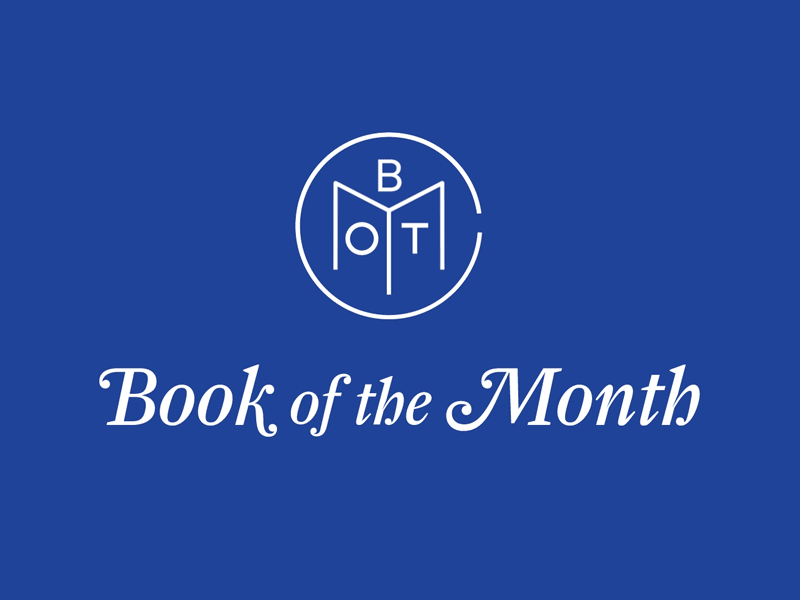
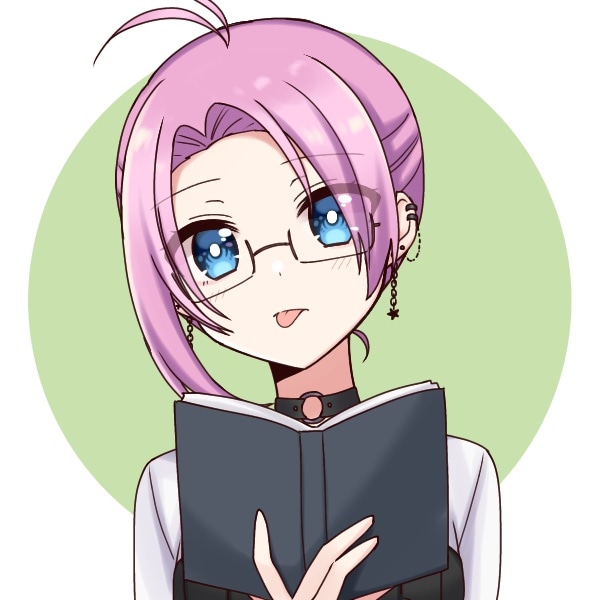
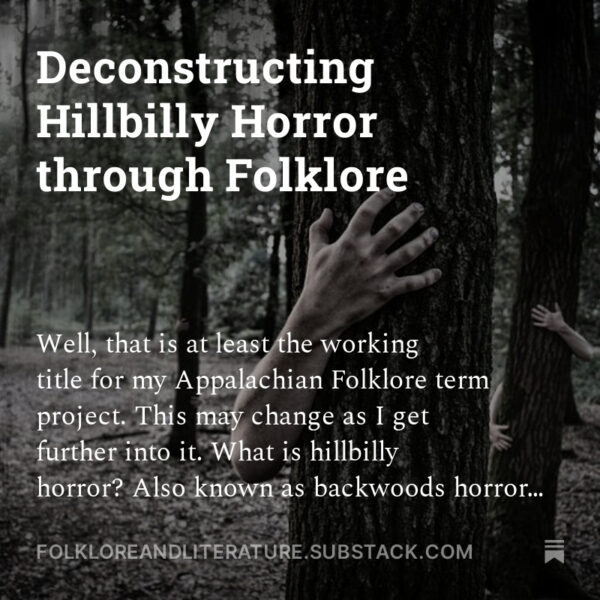
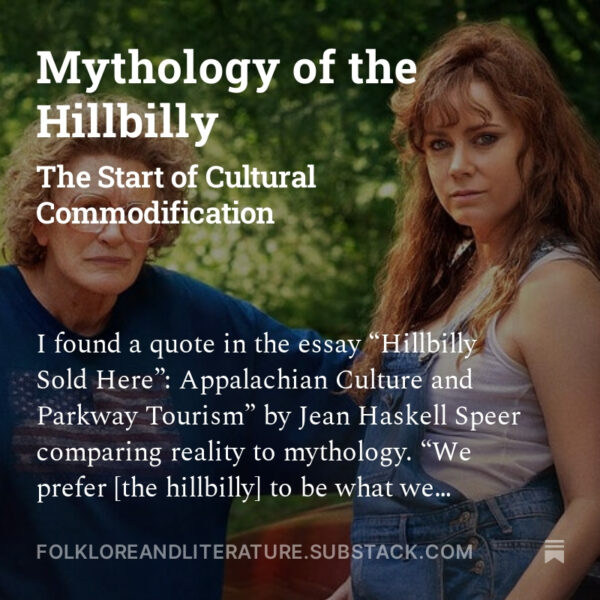
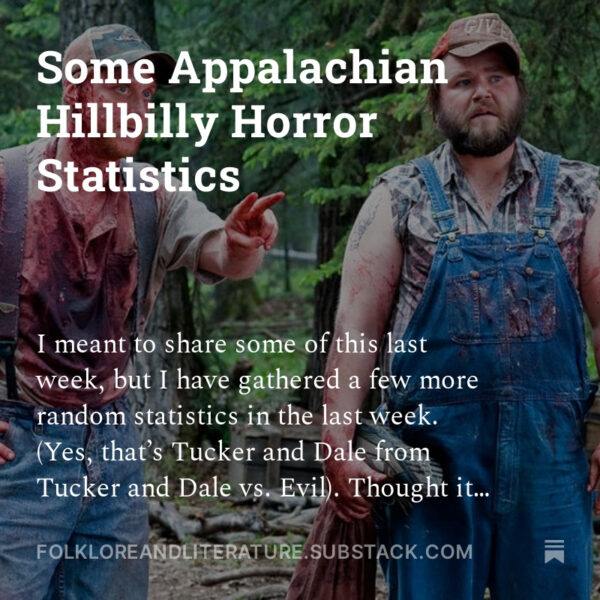

I have Lagoon by Nnedi Okorafor that I really need to get to.
Lived experience will always trump research. I wish people would get that through their heads. I think it’s why I love memoirs so much. Yes it’s one person then but it’s their story.